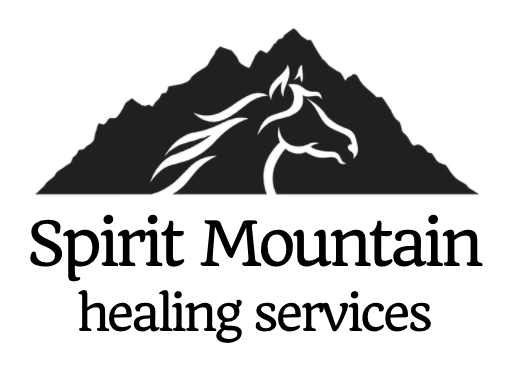Interacting with Animals is Good for Your Kids
Kids these days love their screens and other digital distractions. There are plenty of benefits to living with technology, but with it, some other benefits fall to the wayside. For example, spending more time on the simple act of caring for animals—and especially horses—can offer so many more profound benefits for a child’s growth and maturity than social media or television can.
Building Empathy and Compassion
Caring for animals, particularly horses, fosters empathy and compassion in children. When a child interacts with a horse, they learn to understand the animal’s needs and emotions. From grooming and feeding to providing comfort, children develop a deeper sensitivity to the well-being of others, both human and non-human. This empathy extends to influencing how children interact with peers and navigate relationships in their daily lives.
Fostering Responsibility
The daily care routines involved in horse ownership or interaction teach children the importance of responsibility. Children learn that their actions directly impact the well-being of the animal in their direct care, instilling a sense of accountability and pride in their ability to meet the needs of another living being. These responsibilities lay the groundwork for future success, teaching children the value of hard work and commitment.
Developing Patience and Perseverance
Working with horses requires patience and perseverance. Whether it’s building trust with a skittish horse or mastering a new riding skill, children learn that progress takes time and effort. Through setbacks and challenges, they develop resilience and determination, essential qualities for navigating life’s obstacles. The bond formed between child and horse provides a supportive environment where mistakes are learning opportunities, and perseverance is rewarded with growth and achievement.
Promoting Confidence and Self-Esteem
As children care for or even ride horses, they develop a sense of confidence and self-esteem. The bond formed between horse and caregiver is built on trust and mutual respect, empowering children to take on new challenges and step out of their comfort zones. With each successful ride or obstacle overcome, children gain a sense of accomplishment that boosts their self-confidence. This newfound confidence extends beyond the stables, influencing how children approach academic and social situations with a belief in their abilities.
Teaching Respect for Nature
Caring for horses also instills a respect for nature and the environment. Children learn about the interconnectedness of all living things and the importance of preserving natural habitats. Through activities such as trail rides and outdoor grooming sessions, they develop a deeper appreciation for the beauty of the natural world. This respect for nature lays the foundation for environmental stewardship, inspiring children to become advocates for conservation and sustainability.
The simple act of caring for horses, dogs, cats, and other animals can have a transformative impact on children’s growth and maturity. Through empathy, responsibility, patience, and confidence, the bond formed between children and horses nurtures essential life skills and character traits that will serve them well into adulthood. If you’d like to learn more about how equine assisted learning can help your child grow, contact Spirit Mountain Healing Services at 480-988-2165 or michelle.spiritmountain@gmail.com.
